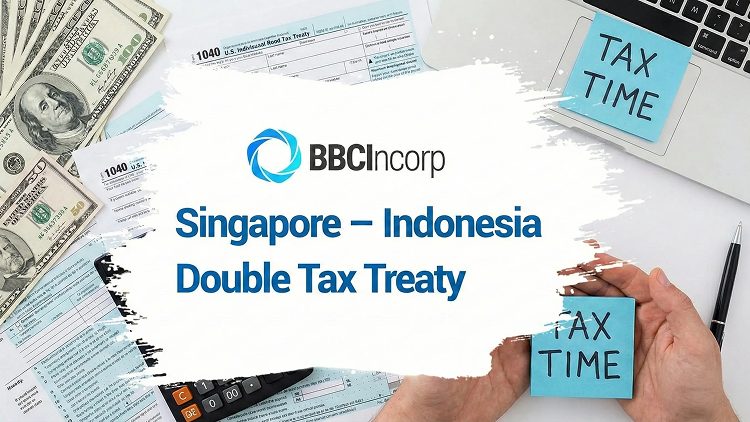
For many decades, Singapore and its neighbor Indonesia have established their bilateral relationship, and the Singapore-Indonesia double tax treaty represented a step forward.
An overview of the Singapore-Indonesia Double Tax Treaty
Indonesia has a prominent standing as the biggest economy in Southeast Asia in terms of GDP. The country has access to everything it takes to create prosperity: a large and skilled workforce, a strategic location, and well-endowed resources.
Much like Singapore, the exponential growth that Indonesia has come to achieve for the last few decades could be attributable to its openness to foreign investments, drawing a multitude of investors and entrepreneurs every year.
Though Indonesia has developed diplomatic relations with Singapore for more than 50 years, it was not until 1990 that they formally agreed upon a double tax treaty. The aim of the agreement is to promote bilateral trade and investment between the 2 countries.
Within the treaty’s guidelines, all individuals and companies residing in either or both of the contracting countries can benefit from it. This treaty is a comprehensive agreement, which points to the fact that all types of taxes levied on income are covered.
Tax Treatment of Major Income Types under the Singapore-Indonesia DTA
Business profits
When your company is a resident in a given state, it is only taxed in this state. However, for profits accruing from a permanent establishment that is situated in another contracting state, they may be subject to tax in that state too.
When determining the profits accruing from a permanent establishment, you are allowed to claim deduction expenses, such as executive and general administrative expenses, to offset your tax.
And you are required to employ the same method to determine the profits that are attributable to your permanent establishment on a year-by-year basis. Should you wish to adopt a new one, you might as well explain your rationale for doing so.
Dividends
When your company issues dividends to a shareholder who is a resident of a contracting state other than yours, the dividends would be taxed in that contracting state. However, such dividend may be taxed at the state where your company is a resident at a rate that is capped at:
- 10% of the gross amount of the dividends if the recipient is a company holding at least 25% of the capital of your company
- Or otherwise, 15% of the gross amount of the dividends.
There is one scenario under which this provision does not apply: when the recipient owns a permanent establishment in the same state where your company resides, and the dividends you issue can be attributable to this recipient’s permanent establishment.
In addition, Singapore resident companies paying dividends to Indonesian residents will be exempt from any tax in Singapore chargeable on dividends.
Interest
The interest accruing in one state but received in the other would be taxed only in that other state. In such cases, the interest must be paid for:
- A bond, debenture, or other similar obligation of the government of the state in which the interest arises, or a political subdivision, or the local authority of this division.
- A loan made, guaranteed or insured, or a credit extended, guaranteed or insured by the Monetary Authority of Singapore, or the “Bank Indonesia” (the Central Bank of Indonesia), or lending institutions which are agreed upon by the competent authorities of the Contracting States
That being said, depending on the policies of the states, the interest may be subject to tax in the state where it accrues. And the rate would not be more than 10% of the gross amount if the recipient is the beneficial interest of the interest.
Royalties
Much like interest, if royalties are earned in one contracting state yet received in another, they would be taxed as deemed appropriate in the other state.
For all that, depending on the law of the State in which the royalties arise, the royalties can be taxed in the country where they are issued. In such cases, the recipient who is the beneficial owner of the royalties would be taxed at any rate not exceeding 15% of the gross amount of the royalties.
Methods of eliminating double taxation
As stipulated in the DTA, tax residents in one of both countries are provided with a tax credit against foreign tax paid on profits or income that arises outside the country of residence.
However, the foreign tax credit should not exceed the amount of tax levied on the same income in the country where taxpayers reside.
Should you have any questions regarding the Singapore-Indonesia Double Tax Treaty, talk to our consultants by dropping a chat message or sending us an email via service@bbcincorp.com
Disclaimer: While BBCIncorp strives to make the information on this website as timely and accurate as possible, the information itself is for reference purposes only. You should not substitute the information provided in this article for competent legal advice. Feel free to contact BBCIncorp’s customer services for advice on your specific cases.
Industry News & Insights
Get helpful tips and info from our newsletter!
Stay in the know and be empowered with our strategic how-tos, resources, and guidelines.





